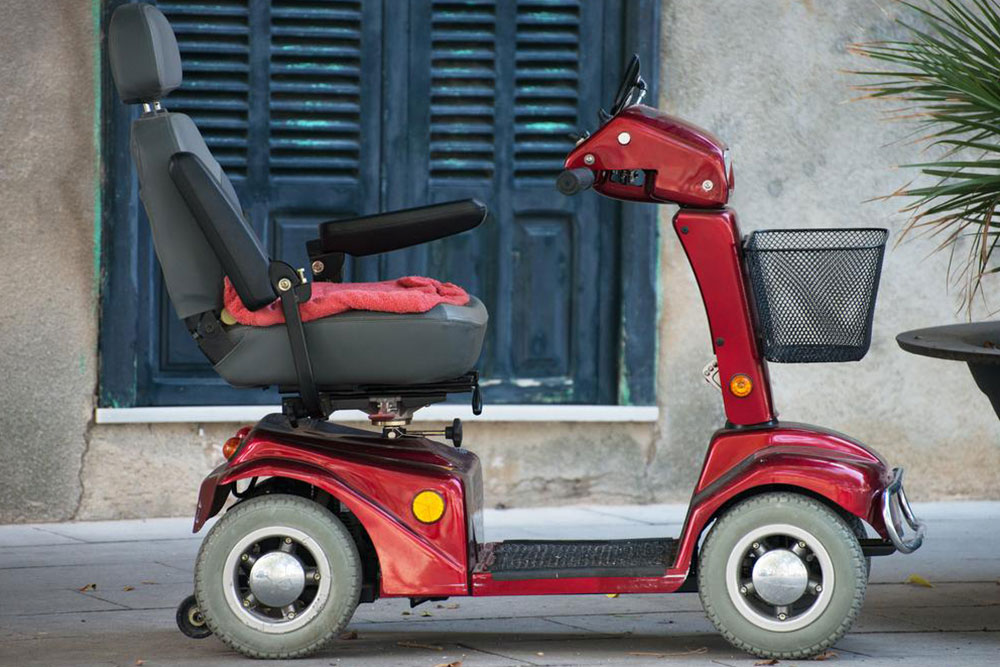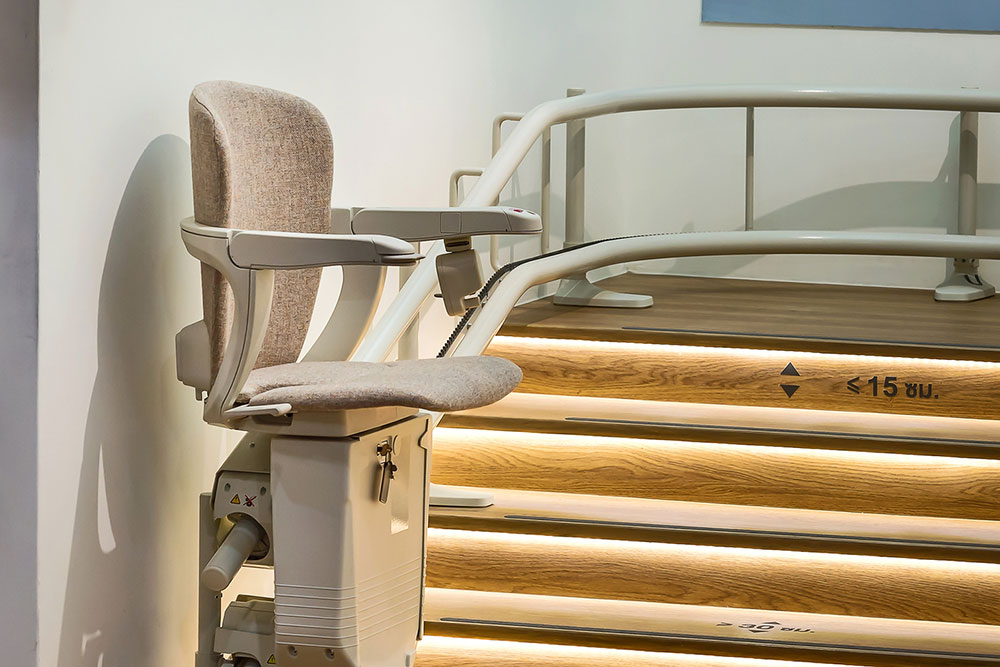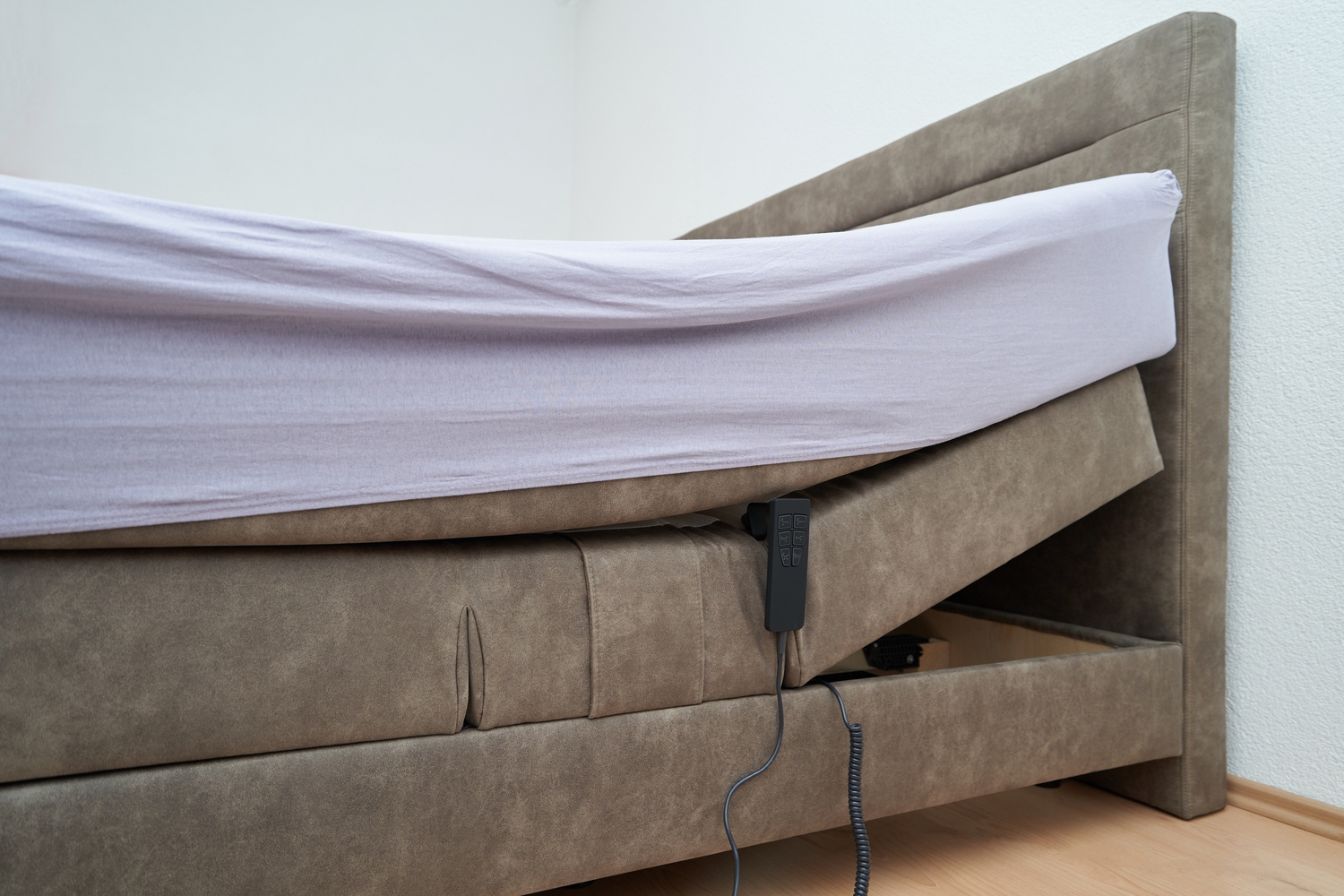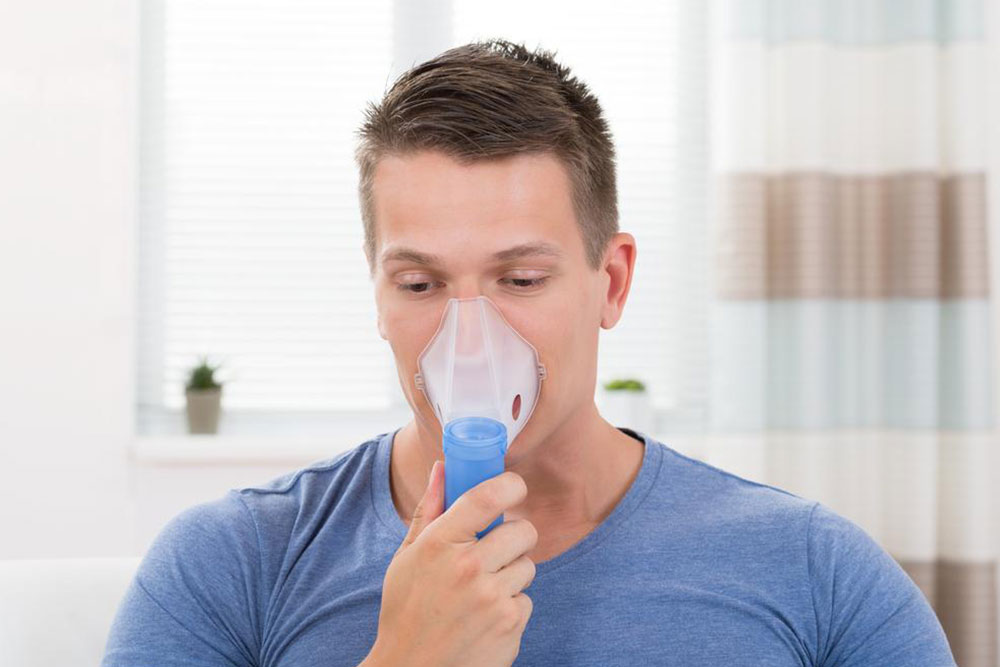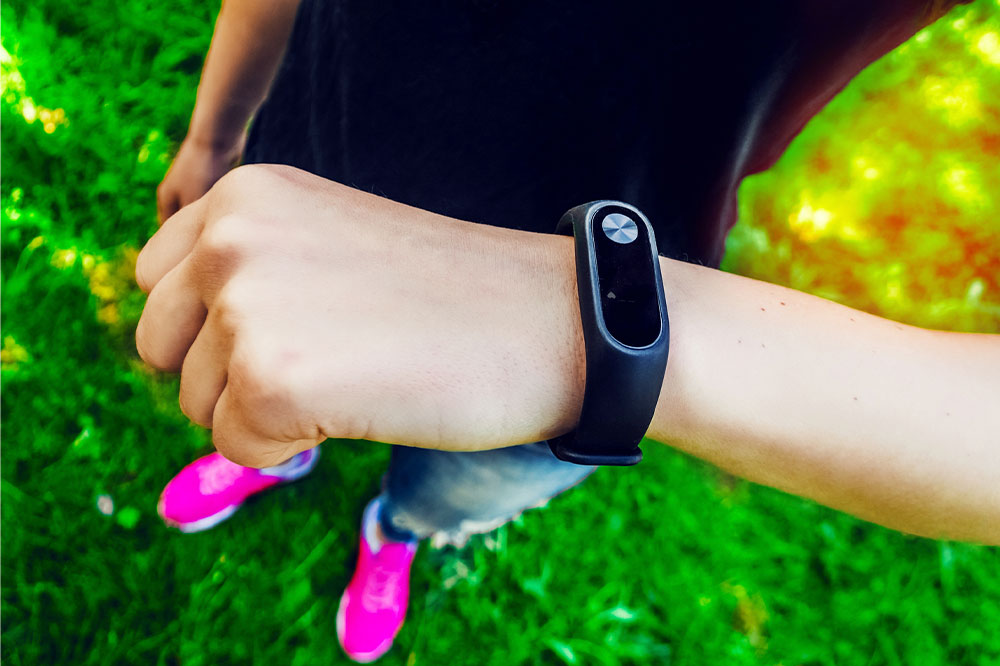Essential Home Medical Devices for Personal Health Monitoring and Well-Being
Discover the top home medical devices crucial for personal health monitoring. From blood pressure monitors and thermometers to air purifiers and mobility aids, learn how these tools can help you detect health issues early, enhance wellbeing, and maintain independence. This comprehensive guide provides insights on selecting, using, and maintaining essential equipment for a healthier, safer home environment.

Essential Home Medical Devices for Personal Health Monitoring and Well-Being
Maintaining health at home has become increasingly important in today’s fast-paced world. With the availability of advanced yet user-friendly medical devices, individuals can now effectively monitor vital signs, detect early health issues, and manage chronic conditions without frequent trips to healthcare facilities. Implementing a comprehensive set of home medical devices not only promotes proactive health management but also enhances overall well-being and peace of mind. This detailed guide explores the most essential home medical devices that everyone should consider having, from blood pressure monitors to mobility aids, ensuring you are well-equipped to monitor and care for your health effectively.
Comprehensive Guide to Key Home Medical Devices
Understanding and accurately measuring vital health parameters at home is a vital step towards preventing illness and managing existing conditions. While some devices require a doctor's prescription, many are readily available for purchase at medical supply stores and online platforms, making home health management more accessible than ever. It is important to know which devices are essential, how to use them correctly, and when to seek professional medical advise based on your readings.
1. Blood Pressure Monitors
Blood pressure (BP) fluctuations are common and can indicate underlying health issues such as hypertension or cardiovascular problems. An automatic blood pressure monitor with a cuff makes it convenient to track your BP regularly. Accurate readings depend on proper cuff size and correct positioning, so selecting a device with adjustable cuff options is advisable. Regular monitoring can help identify trends and provide valuable data for your healthcare providers. Remember, for the best results, take BP measurements at the same time each day, ideally in a quiet environment, and record your readings for ongoing assessment.
2. Thermometers: Your Essential Tool for Fever Detection
Thermometers are among the most basic yet critical devices for at-home health monitoring. Digital thermometers offer quick and reliable temperature readings through oral, armpit, or rectal methods. It's essential to use an appropriate thermometer for different age groups; for infants and young children, pacifier thermometers are safe and easy to use, while temporal artery thermometers provide instant forehead measurements suitable for all ages over three months. Accurate temperature measurement helps detect infections early and guides prompt medical intervention when needed.
3. Air Purifiers for a Healthier Indoor Environment
Indoor air quality significantly impacts respiratory health. Air purifiers equipped with HEPA filters trap pollen, dust, pet dander, and airborne pollutants, reducing allergens and irritants that can exacerbate allergies and asthma. Investing in a good-quality air purifier is especially beneficial for households located in areas prone to pollution. Regular maintenance and filter replacement are crucial for maximizing effectiveness. Breathing cleaner air enhances overall health, particularly for vulnerable groups like children, the elderly, and individuals with respiratory conditions.
4. Diabetic Footwear: Protecting Your Feet and Preventing Complications
Diabetes management extends beyond blood sugar control; foot health is equally critical. Diabetic shoes, designed with extra depth and cushioning, help prevent skin injuries, ulcers, and even amputations by reducing pressure points and improving fit. Proper footwear minimizes the risk of blisters, cuts, and sores that can easily become infected, especially in diabetic patients with nerve damage or poor circulation. Always consult with a podiatrist or healthcare professional to select appropriate footwear and ensure proper fit and comfort.
5. Heating Pads for Pain Relief
Heating pads provide a safe and effective way to soothe sore muscles, cramps, or chronic pain. Modern electric heating pads come with safety features like automatic shut-off and adjustable temperature settings. Alternatively, chemical or microwaveable heating packs are reusable options for home use. Proper application—such as avoiding direct contact to prevent burns and limiting use to 15-20 minutes—maximizes benefits while ensuring safety.
6. Walking Aids to Enhance Mobility and Stability
For individuals with mobility challenges, walking aids such as walkers, rollators, or canes are essential for maintaining independence and preventing falls. The choice of aid depends on individual needs: basic models without wheels are suitable for stable walking, while wheeled walkers or rollators provide additional support for those requiring assistance over longer distances. Proper training on usage and regular maintenance ensure safety and comfort. Consulting with a physical therapist can help determine the most appropriate mobility device for specific needs.
7. Crutches for Leg Injuries and Disabilities
Crutches are vital mobility aids for managing leg injuries, fractures, or post-surgical recovery. Different types, including underarm, forearm, and platform crutches, cater to various needs and comfort levels. Ensuring correct fitting is crucial to prevent discomfort and skin irritation. Learning proper walking techniques with crutches can improve stability and facilitate faster recovery. Always follow medical advice on duration of use and transition plans back to normal gait when appropriate.
8. Pill Splitters for Accurate Medication Dosing
Accurate medication management is essential, especially when doses need adjusting or splitting pills for convenience. Pill splitters are inexpensive, effective tools that allow precise division of tablets. However, not all medications are suitable for splitting—some tablets are extended-release or coated and should only be taken as prescribed. Always seek advice from healthcare professionals before modifying medication doses to ensure safety and efficacy. Proper storage and cleaning of pill splitters are also necessary to prevent contamination.
Conclusion: Building a Robust Home Healthcare Toolkit
Investing in essential home medical devices is a proactive approach to managing personal health and mobility. From monitors that keep track of vital signs to mobility aids that support daily movement, these tools empower you to detect issues early and seek timely medical attention. While many of these devices are available over the counter, it is always wise to consult healthcare providers for guidance on selection, correct usage, and interpretation of results. Creating a comprehensive home healthcare setup promotes independence, enhances quality of life, and provides peace of mind for you and your loved ones.
